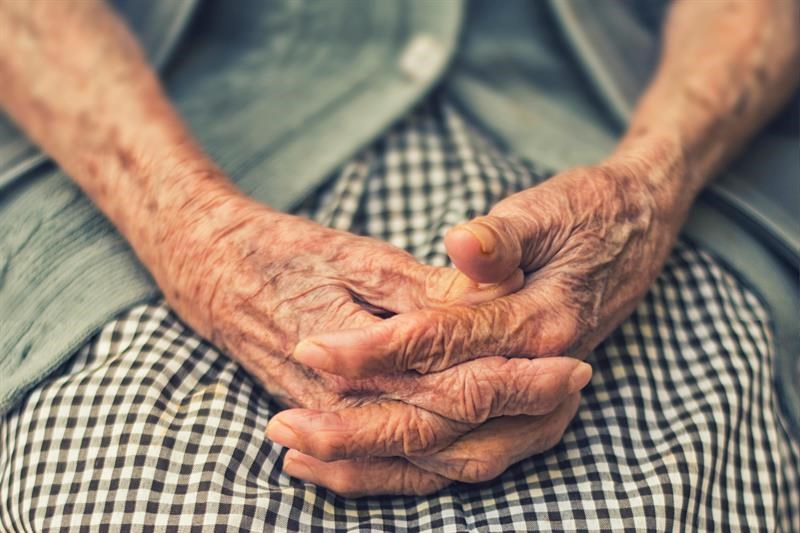Elderly reveal what stops them going to the dentist
Published: 11/02/2018
Lack of money, ill health, fear and forgetfulness are reasons given by the elderly for not attending the dentist.
First-hand accounts from elderly people have revealed what is really getting in the way of them making regular visits to the dentist.
In a series of focus groups involving people over 65 years old, researchers discovered exactly what barriers they face when it comes to looking after their teeth.
The most common major barriers identified included anxiety, poor general health, cost and the physical aspect of being unable to travel to a dentist.
Many of those interviewed described that as they aged they found brushing their teeth difficult due to forgetfulness, with one respondent saying: ‘You become shaky and have bad sight, you don’t care in the same way as you get older.’
Complications regarding access and ill health were also major issues identified. A participant added: ‘You have to book transport or ask someone to drive. It gets complicated with everything… there are a lot of factors to take into account.’
Others revealed they were still affected by dental anxiety, as one person confessed: ‘I’ve been scared of the dentist my whole life, I was ready to faint, I was petrified.’
Cost was also a major barrier identified by many, as another claimed: ‘I can’t afford to go to the dentist. I have pain sometimes and have had for several months, but it’s so expensive.’
Some of those questioned even said they did not see any benefits of maintaining oral health in their old age, indicating that ‘appearance doesn’t matter.’ It was mentioned by a few people that they did receive help from carers but also said that carers often lacked time to do so properly.
With poor oral health being closely linked with increased frailty in old age, as well as other potentially life-threatening health problems such as pneumonia, diabetes and heart disease, the UK’s leading oral health charity, the Oral Health Foundation, is looking to draw attention to the importance of oral health for elderly people.
Nigel Carter, chief executive of the Oral Health said: ‘One way which would help to overcome many of the barriers identified would be for dental professionals, with the support of local authorities, to provide services in care homes and in local community centres to make services more accessible and appealing.
‘Dental professionals also have a key role in raising awareness of elderly people’s oral health needs; amongst their profession, with their patients and with other caregivers who can then help provide effective support.
‘I would also like to see better provision and greater support for local authorities who will then be able to provide effective information and education for elderly people in care homes and the community as well as for carers and family members who look after them, to emphasise the importance of good oral health in the elderly.’
Author: Julie Bissett









.jpg?width=150&height=100&scale=canvas)



